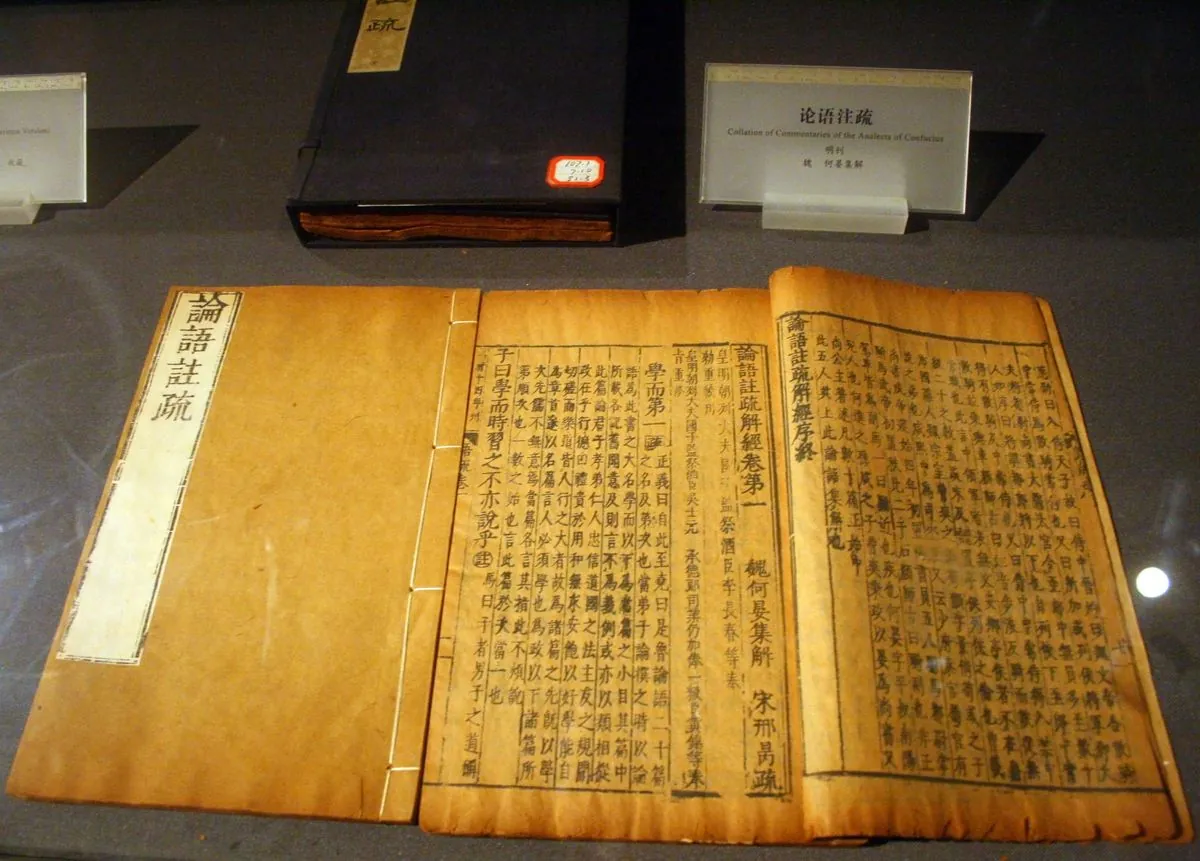In recent years, China's approach to historical research has undergone significant changes, causing concern among scholars worldwide. The once-thriving flea markets and antique shops, previously treasure troves for historians, now display warning signs against selling materials containing state secrets or "reactionary propaganda."
This shift reflects the broader trend of intensified censorship under President Xi Jinping, who assumed power in 2012. The Chinese Communist Party, which has controlled publications since establishing the People's Republic of China in 1949, has further tightened its grip on information.
Daniel Leese, a modern China historian at the University of Freiburg, notes:
"Trawling for documents has basically gone out of favour because it has simply become too complex, difficult and dangerous."
This change has forced younger foreign scholars to rely increasingly on overseas collections for their research.
The impact of these restrictions is particularly evident in studies related to sensitive periods like the Cultural Revolution (1966-1976). Xi Jinping has blamed "historic nihilism" - interpretations challenging official narratives - for the Soviet Union's collapse, leading to stricter control over historical materials.
Recent legislation on national security and anti-espionage has made scholars more cautious about citing unofficial Chinese sources. Some historians who have published studies challenging state narratives or on sensitive topics report being denied visas to China.
James Millward, a historian at Georgetown University, shared his experience of visa difficulties after contributing to a book on Xinjiang. The political climate is also influencing research topics, with some scholars opting for non-controversial subjects to maintain access to China.
The crackdown on sources of historical documents has been ongoing since 2008. Incidents include:
- In 2019, a Japanese historian was detained for two months on spying charges after purchasing 1930s books on the Sino-Japanese War.
- In 2021, a hobbyist was fined 280,000 yuan for selling illegal publications on Kongfuzi, China's largest used book website.
- In 2024, two recycling center workers were punished for selling confidential military documents.
Despite these challenges, some scholars remain optimistic. Yi Lu, an assistant history professor at Dartmouth College, believes that Chinese scholars continue to seek opportunities to expand understanding of PRC history, even under current restrictions.
As China navigates its approach to historical research, the balance between academic freedom and state control remains a critical issue for scholars both within and outside the country.
